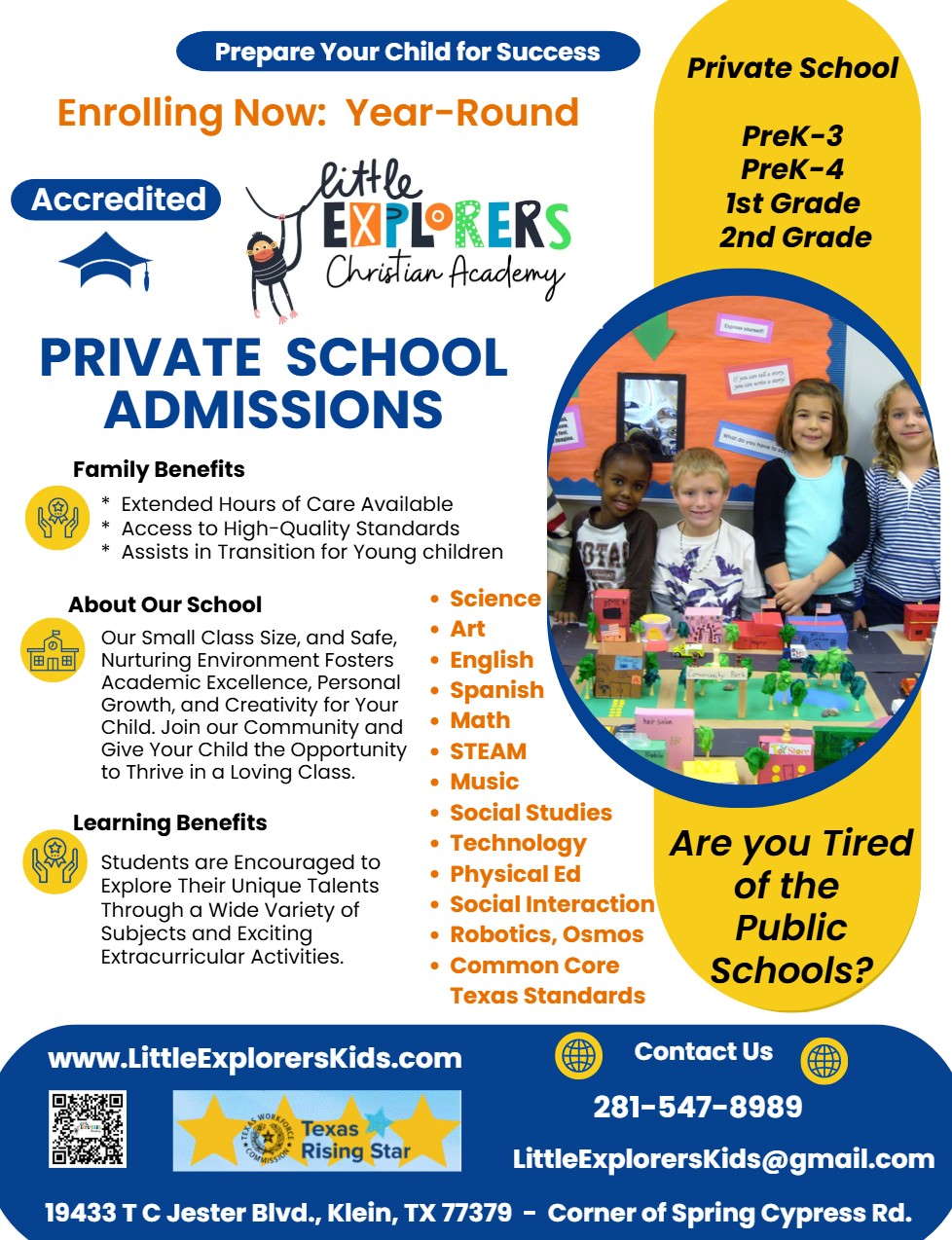Discipline Policy
Children are learning to be part of a social group. Juggling his or her own needs with those of the group is sometimes difficult for the young child. For this reason, teachers view discipline as a time to help children learn new social skills.
The techniques teachers will use include redirection, time out and modeling words and actions to use in solving problems and a chance to try again, as well as modifying the environment or routine to better meet the children’s needs.
Only after the teacher has tried other techniques will a child be removed from the group and placed in another area of the room or with an administrator until he or she is ready to return to the activity. At no time will physical punishment, demeaning or embarrassing tactics be used to correct children or modify their behaviors. If behavior is out of control and not corrected in a reasonable amount of time, parents will be called and the child may be removed from care for the day.
Discipline will be:
- Individualized and consistent for each child;
- Appropriate to the child’s level of understanding; and
- Directed toward teaching the child acceptable behavior and self-control.
Our staff may only use positive methods of discipline and guidance that encourage self-esteem, self-control, and self-direction, which include at least the following:
- Using praise and encouragement of good behavior instead of focusing only upon unacceptable behavior;
- Reminding a child of behavior expectations daily by using clear, positive statements;
- Redirecting behavior using positive statements; and
- Using brief supervised separation or time out from the group, when appropriate for the child’s age and development, which is limited to no more than one minute per year of the child’s age.
There will be no harsh, cruel, or unusual treatment of any child. The following types of discipline and guidance are prohibited:
- Corporal punishment or threats of corporal punishment.
- Punishment associated with food, naps, or toilet training.
- Grabbing or pulling a child.
- Putting anything in or on a child’s mouth.
- Humiliating, ridiculing, rejecting, or yelling at a child.
- Subjecting a child to harsh, abusive, or profane language.
- Placing a child in a locked or dark room, bathroom, or closet.
- Placing a child in a restrictive devise for time out.
- Withholding active play or keeping a child inside as a consequence for behavior, unless the child is exhibiting behavior during active play that requires a brief supervised separation or time out that is consistent with §746.2803(4)(D).
- Requiring a child to remain silent or inactive for inappropriately long periods of time for the child’s age.
